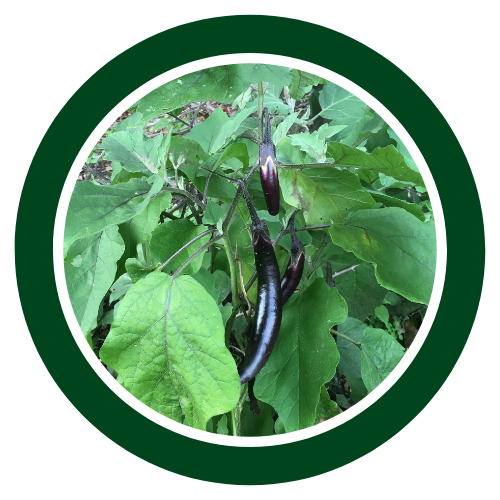

About Us
The Healing Garden Institute (HGI) is a project of Worcester Roots Project (WRP), whose goal is to empower individuals and communities to adopt integrated and holistic approaches to health, through education, action and research.
The mission of the Healing Garden Institute (HGI) is to serve as a community resource that promotes year-round indoor and outdoor gardening of medicinal herbs for everyday use and chronic disease management.

The Healing Garden
The healing garden was designed to promote the use of medicinal foods (vegetables, herbs and medicinal plants) to prevent and manage disease, as well as to promote overall wellbeing. Worcester’s inner-city residents suffer disproportionally from chronic diseases, of which diabetes, hypertension and obesity are most prevalent. For such communities, chronic disease management through dietary and lifestyle changes is challenging due to their burdening daily life struggles. The Healing Garden strives to improve community access to organic and medicinal foods by promoting year-round indoor and outdoor gardening of medicinal herbs and vegetables for everyday use and chronic disease management.
The outdoor garden is located on King Street in Worcester, MA, directly behind Stone Soup Community Resource Center. The garden serves as a demonstration of low budget gardening methods that suits the limited space often found in low-income, inner city rental neighborhoods. The garden team demonstrates how porches, windows, fences, and plant pots can be used to provide year-round space for herbs and produce. The team also plans to demonstrate vertical gardening methods. The garden offers free soil testing for lead and other soil contaminants often found in historically industrial cities. The garden team identifies commonly used medicinal herbs and plants, and get experts to demonstrate how to cultivate and prepare them.

Therapeutic Garden
Beginning last year 2019, HGI has been strengthening its Therapeutic Garden program, by developing a nature-based model that would provide gardening experience to alleviate mental conditions for elderly, those recovering from illness, and those facing homelessness and other mental concerns. HGI is working on two pilot designs in Worcester. To this end, HGI joined with Worcester Polytechnic Institute (WPI)’s South Africa Project Center in Summer 2020, to develop this model further. WPI students developed a Therapeutic Garden Design Manual (available soon) to help HGI partners to implement therapeutic garden models. HGI greatly appreciates manual developers Ciara Young, Mairead O’Neill, Chris Davenport and Matthew Adams.

Medicinal Plant Research
The HGI research team, led by Dr. Thidi Tshiguvho, has been exploring the use of medicinal plants in addiction recovery, by reviewing herbs used in Africa and South America in addiction recovery. The team is also planning to cultivate medicinal plants hydroponically and compare the potency of two sets of cultivation media. HGI will recruit youth to lead parts of this program, and will develop a curriculum that will align with Massachusetts’s Math, Science, and Engineering standards.
HGI believes in an integrated, holistic and cross-cultural approach to health. HGI does not consider using herbs as a substitute to pharmaceutical medications, but instead aims to objectively share knowledge on the available spectrum of treatment options for different diseases.
We are currently developing capacity to conduct botanical experimentation and phytochemical analysis of medicinal plants, in collaboration with local and international institutions.

Community Partnerships
As a non-profit organization, HGI depends on volunteer services to work the garden, organize community workdays, preparing for health workshops, and fundraising. We invite you to support us by: donating, membership, garden tools, work time, and partnerships. We would like to give thanks to special volunteers who found ways to keep the garden going while observing COVID-19 restrictions: including all members of Worcester Roots, Stone Soup, Our Story Edutainment, homeless persons, neighbors and community members who stopped by for encouragement and harvested some produce for themselves or had fun.